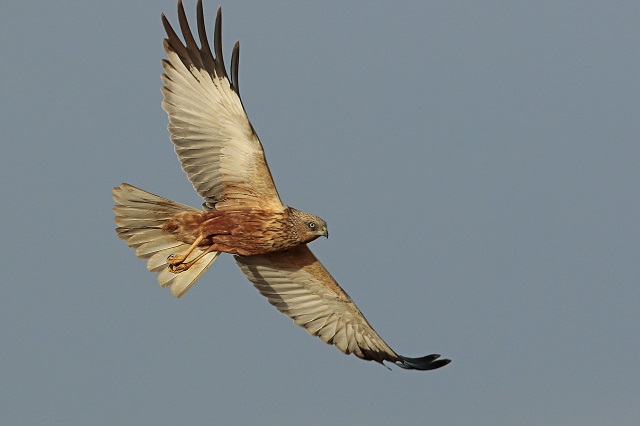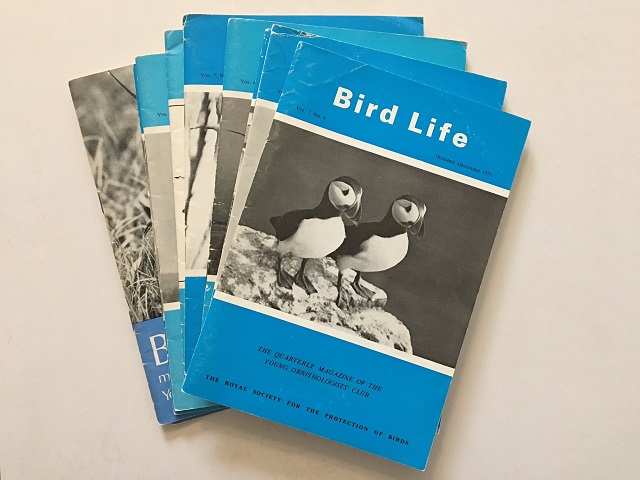How have marsh harriers, scarce in the 1970s, bounced back over the last 50 years?

One of our supporters, Judith McDonald, kindly posted us some old issues of Bird Life, the quarterly magazine for the RSPB’s junior branch from 1965 to 2000.
I was fascinated to find an article on marsh harriers by Minsmere’s pioneering warden Bert Axell in the October – December 1971 edition.

Bert wrote: “Of the three…